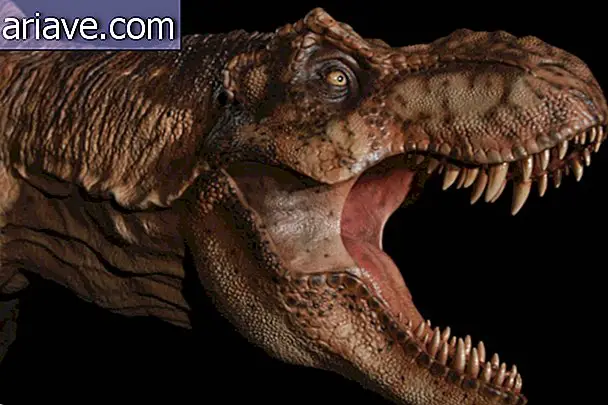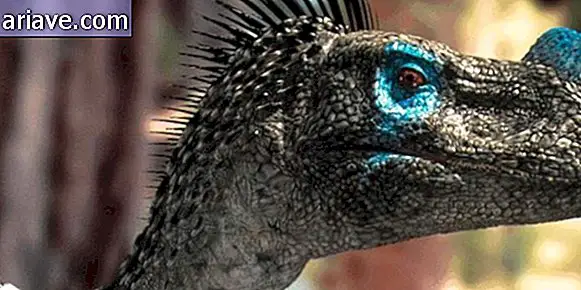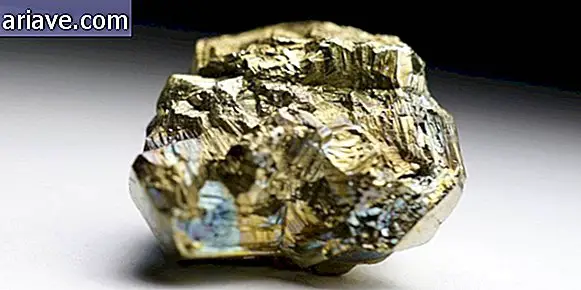Study reveals that curiosity can boost your memory
Do you have memory or learning problems? Did you know that being more curious can greatly help boost these skills? This is what revealed a new University of California study, which was released on Live Science.
Research has revealed what happens in the brain during these processes, showing that curiosity can give a person a boost in memory.
During the tests, when study participants were more curious about a topic, they were better at remembering information even on unrelated subjects. In addition, brain resonances showed activity in areas linked to reward and memory.
With these results, the researchers stated that they may suggest new ways to improve learning and memory in both healthy people and those with neurological disorders.
"Curiosity can put the brain in a state that allows it to learn and retain any kind of information - like a whirlwind that sucks what you're motivated to learn - and everything around it, " says Matthias Gruber, a memory researcher at the University. from California in a statement.
Study Process
To conduct the research, first researcher Gruber and his colleagues evaluated the volunteers on an MRI machine while showing them a series of trivial questions and asked to gauge their curiosity about the answers to those questions. After this step, they performed a memory test with questions and displaying neutral face images.
Results
After the evaluations, the study researchers found that people remembered more information about the questions when they were curious about the answers. Unexpectedly, when participants were curious, they were also better at remembering faces, a task entirely foreign to them.
Brain images showed that compared to when their curiosity was not aroused, when people were curious, they showed a greater activation of brain circuits in the nucleus accumbens, an area involved in reward and pleasure.
Conclusions
Finally, being curious (while learning) seemed to produce a peak of activity in the hippocampus, a region involved in the formation of new memories, further strengthening the link between memory and reward brain circuits.











